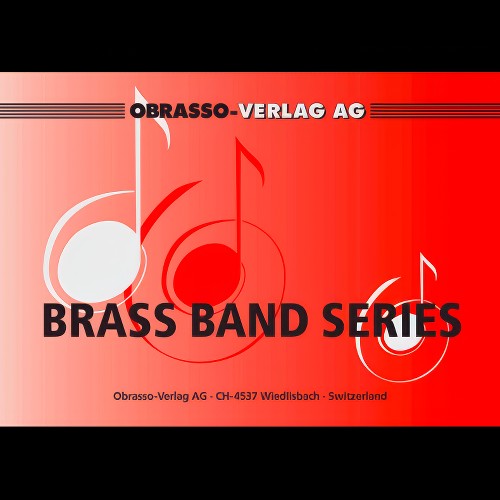We've found 717 matches for your search. Order by
Results
-
 £50.90
£50.90NEW PIZZICATO POLKA (Brass Band) - Strauss, Johann - Smith, Sandy
Medium
Estimated dispatch 7-14 working days
-
 £17.50
£17.50 -
 £74.95
£74.95NEW WORLD DANCES (Brass Band - Score and Parts) - Ellerby, Martin
Duration: 8:17Includes: Earth Dance; Moon Dance; Sun Dance.Recorded on QPRL085D Vistas
Estimated dispatch 7-14 working days
-
 £37.95
£37.95NEW WORLD DANCES (Brass Band - Score only) - Ellerby, Martin
Duration: 8:17Includes: Earth Dance; Moon Dance; Sun Dance.Recorded on QPRL085D Vistas
Estimated dispatch 7-14 working days
-
 £50.90
£50.90NEW WORLD HYMN, The (Euphonium Solo with Brass Band) - Ratnik, Peter
Grade: Medium.
Estimated dispatch 7-14 working days
-
 £65.00
£65.00NEW WORLD SKETCHES (Brass Band Set - Score and Parts) - Price, Dan
2009 National Championships Area Qualitying Contest - 2nd Section.
Estimated dispatch 7-14 working days
-
 £50.00
£50.00 -
 £50.90
£50.90NEW YORK STATE OF MIND (Bass Trombone Solo with Brass Band) - Joel, Billy - Smith, Sandy
Grade: Easy/Medium.
Estimated dispatch 7-14 working days
-
 £33.00
£33.00 -
 £59.70
£59.70Way Down Yonder in New Orleans (Cornet Trio with Brass Band - Score and Parts) - Creamer, Henry - Roberts, Stephen
Duration: 3.45
Estimated dispatch 7-14 working days
